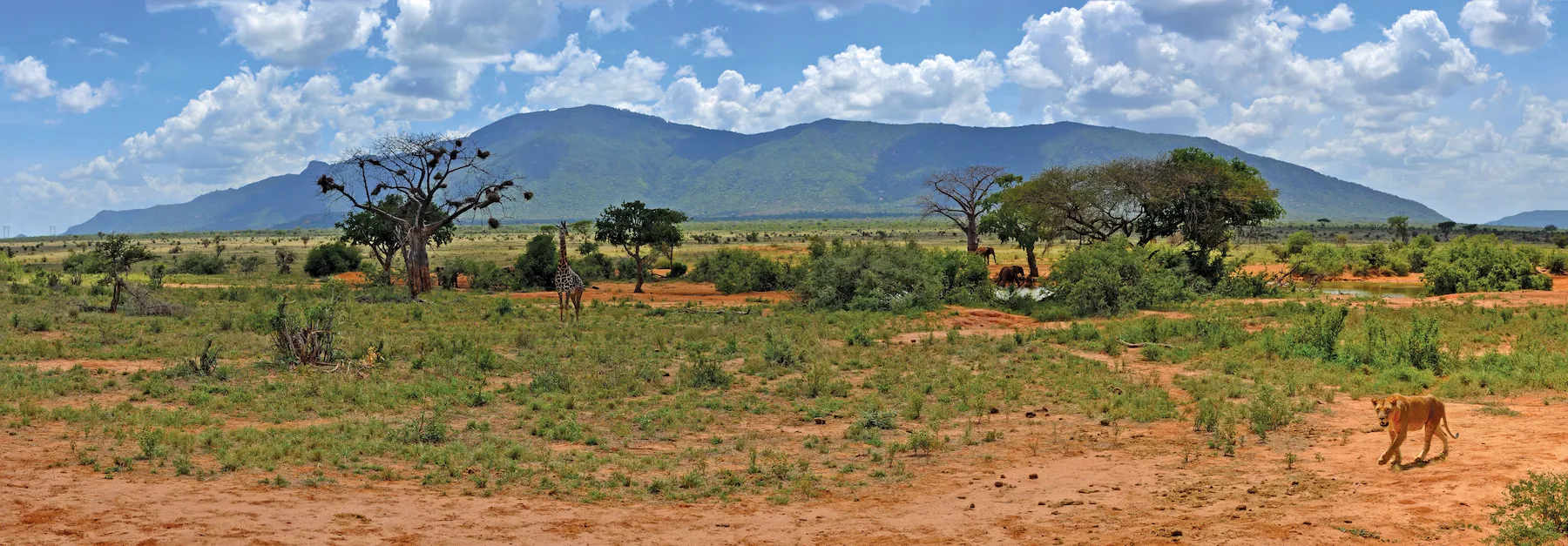
Important expressway links are being planned in Vietnam at present. One of these projects is for the construction of the Can Tho-Can Mau Expressway. This 130km route will connect Can Tho City with Ca Mau City, as the name suggests. The work on the link will be carried out between 2025 and 2030 and it will feature two lanes in either direction with a speed limit of 100km/h.
The expressway will run between Vinh Long Province's My Thuan-Can Tho Expressway, over the Can Tho 2 Bridge and end at the Ca Mau City bypass. For some of its distance the expressway will run alongside the existing National Highway 1. Building the expressway will cost in excess of US$2 billion, with the Vietnamese Government funding a portion of its construction while the rest of the financing required will likely come from private sources.
Meanwhile, plans are in hand for the 23km My Thuan-Can Tho Expressway project. This will run through Dong Thap Province and Vinh Long province in the Mekong Delta. The expressway will connect the My Thuan 2 Bridge with the National Highway 1A's Cha Va Intersection. The project is costing close to $206 million. Construction will start during 2020 and work on the first phase should take until 2023 to complete. The first phase of the project will see the expressway featuring two lanes in either direction and a speed limit f 80km/h although when complete it will have three lanes in either direction and a speed limit of 100km/h.







